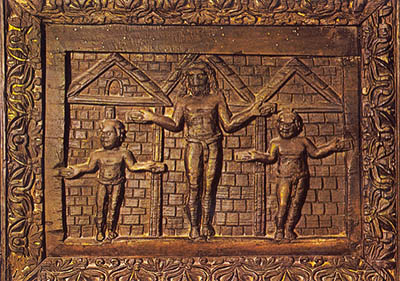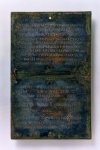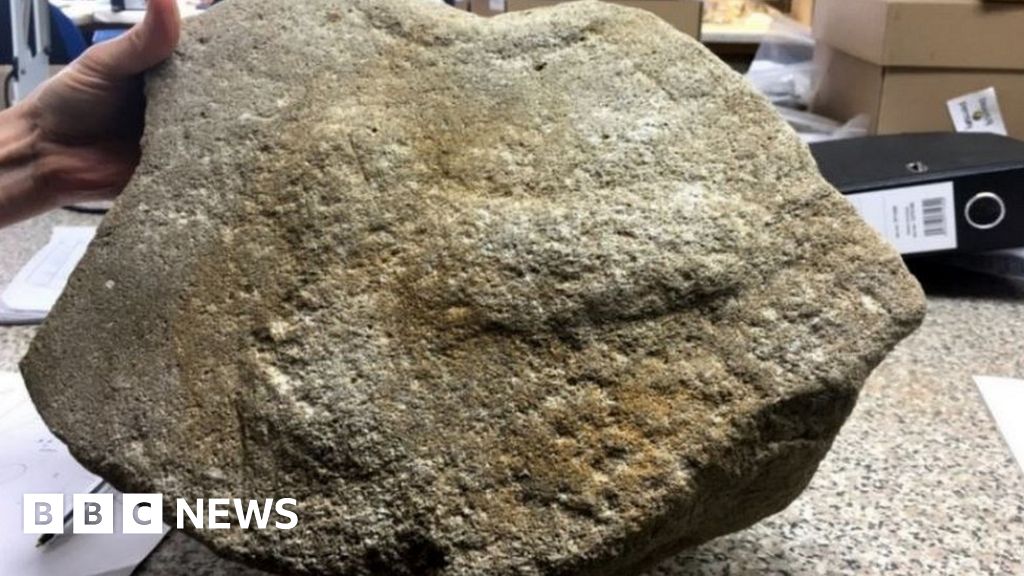Crux-Emperor Baracus X
Rectidolor
Yes....The BBC did a drama series ,called, "The Cleopatras",during the early 1980's.I remember a BBC TV historical costume drama about ancient Egypt about 30 years ago, and the servant class girls were all topless. It was very daring for the time.
A brilliant,memorable series.
It was indeed quite racy,in places,and well written.
For,some stupid reason,it's never been released on video or DVD


Something to do with contractual royalties,i guess.
I,for one would LOVE to get my hands on it.....









